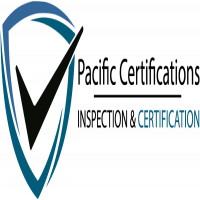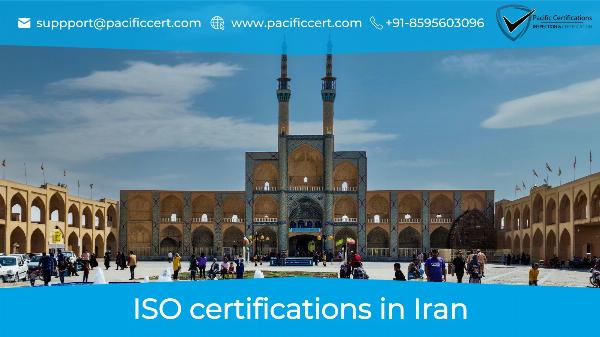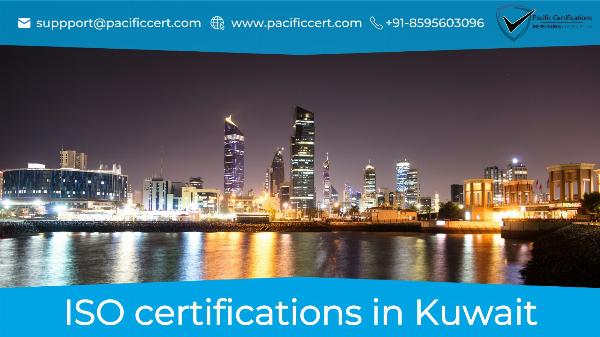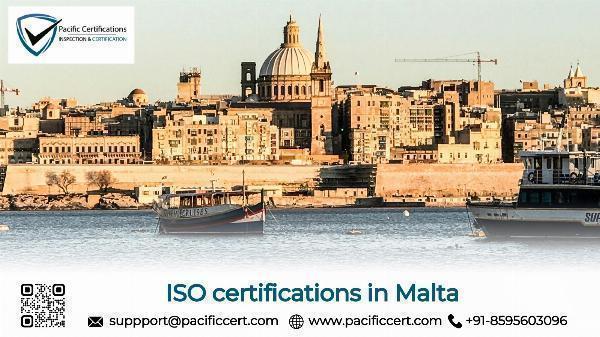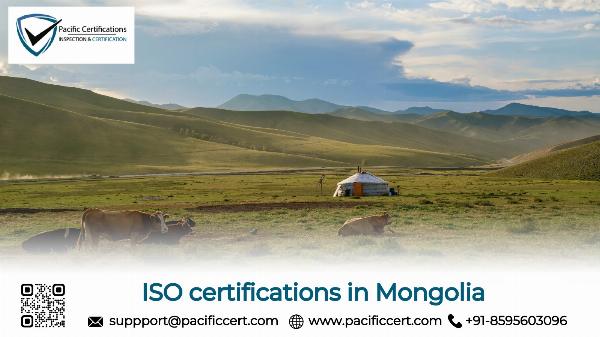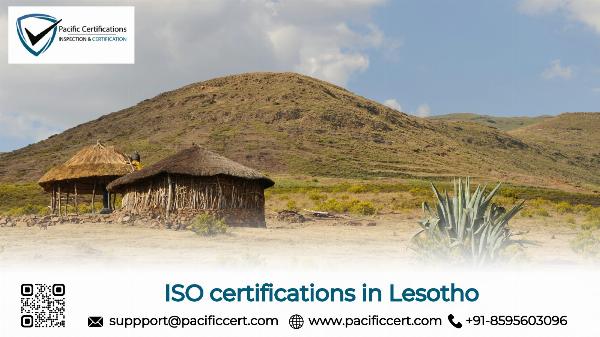ISO Certifications in Nepal and How Pacific Certifications can help
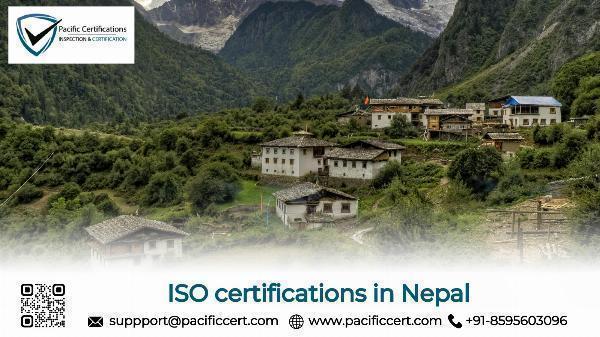
Strong 8k brings an ultra-HD IPTV experience to your living room and your pocket.
Nepal, a rapidly developing country, is increasingly recognizing the importance of international standards to enhance its economic growth and global competitiveness. ISO certifications provide a framework for organizations to ensure quality, safety, and efficiency in their operations.
Key ISO Standards in Nepal
ISO 9001:2015 — Quality Management Systems:
Widely adopted by organizations to demonstrate their ability to consistently provide products and services that meet customer and regulatory requirements.
ISO 14001:2015 — Environmental Management Systems:
Helps organizations improve their environmental performance through more efficient use of resources and reduction of waste.
ISO 45001:2018 — Occupational Health and Safety Management Systems:
Ensures a safe and healthy workplace by preventing work-related injuries and health issues.
ISO 27001:2022 — Information Security Management Systems:
Provides a framework for managing and protecting information assets to ensure their confidentiality, integrity, and availability.
ISO 22000:2018 — Food Safety Management Systems:
Applicable to all organizations in the food chain, ensuring food safety and reducing risks.
ISO 50001:2018 — Energy Management Systems:
Enables organizations to establish systems and processes to improve energy performance, including energy efficiency and consumption.
How we can help
At Pacific Certifications, we are dedicated to helping organizations in Nepal achieve and maintain ISO certifications. Our role is to provide thorough and impartial audits to ensure that your management systems comply with the relevant ISO standards. Here’s how we can assist:
Initial Certification Audit:
Our experienced auditors will conduct a comprehensive assessment of your management system to ensure it meets all the requirements of the relevant ISO standard.
Surveillance Audits:
To maintain certification, we perform regular surveillance audits to ensure continued compliance and to address any areas for improvement.
Recertification Audits:
Every three years, we conduct a full audit to renew your certification, ensuring that your management system remains effective and up-to-date.
This year, the demand for ISO certifications in Nepal is expected to grow significantly as more organizations recognize the value of standardized management systems in improving operational efficiency.
Contact us today to know how we can help you with your business!
Read More: ISO Certifications in Nepal and How Pacific Certifications can help
Requirements of ISO Certifications in Nepal
Achieving ISO certification in Nepal involves a series of stringent requirements and steps that organizations must follow. Here are the general requirements:
ISO 9001:2015 – Quality Management Systems
Understanding the internal and external issues, needs, and expectations of interested parties.
Top management must demonstrate leadership and commitment to the quality management system.
Address risks and opportunities, establish quality objectives, and plan changes.
Provide necessary resources, competence, awareness, communication, and documented information.
Plan and control processes, meet customer requirements, and control externally provided processes and products.
Monitor, measure, analyze, and evaluate quality performance and conduct internal audits.
Identify and implement opportunities for improvement.
ISO 14001:2015 – Environmental Management Systems
Establish and maintain an environmental policy appropriate to the organization.
Identify environmental aspects, legal and other requirements, and set environmental objectives.
Assign roles and responsibilities, provide training, and ensure effective communication.
Monitor and measure environmental performance, conduct compliance evaluations, and manage records.
Conduct periodic reviews of the environmental management system to ensure its continuing suitability, adequacy, and effectiveness.
ISO 45001:2018 – Occupational Health and Safety Management Systems
Identify workplace hazards, assess risks, and determine necessary controls.
Comply with applicable legal and other requirements related to occupational health and safety.
Establish health and safety objectives and create plans to achieve them.
Provide adequate resources, define roles, and assign responsibilities.
Ensure that workers are aware of their roles in the health and safety management system.
Implement controls to manage health and safety risks and comply with legal requirements.
Monitor, measure, and evaluate health and safety performance.
Investigate incidents, take corrective actions, and prevent recurrence.
ISO 27001:2022 – Information Security Management Systems
Understand the organization’s context and define the scope of the information security management system.
Top management must demonstrate commitment to information security and establish an information security policy.
Conduct a risk assessment to identify, analyze, and evaluate information security risks and apply appropriate risk treatment options.
Provide necessary resources, define roles and responsibilities, ensure competence, and communicate effectively.
Implement risk treatment plans and manage information security risks.
Monitor, measure, analyze, and evaluate information security performance.
Identify opportunities for improvement and take corrective actions to enhance the information security management system.
ISO certifications are crucial for organizations in Nepal looking to improve their management systems. Pacific Certifications is here to provide expert audit and certification services to help you achieve and maintain these valuable certifications. Contact us today to know more!
Note: IndiBlogHub features both user-submitted and editorial content. We do not verify third-party contributions. Read our Disclaimer and Privacy Policyfor details.

